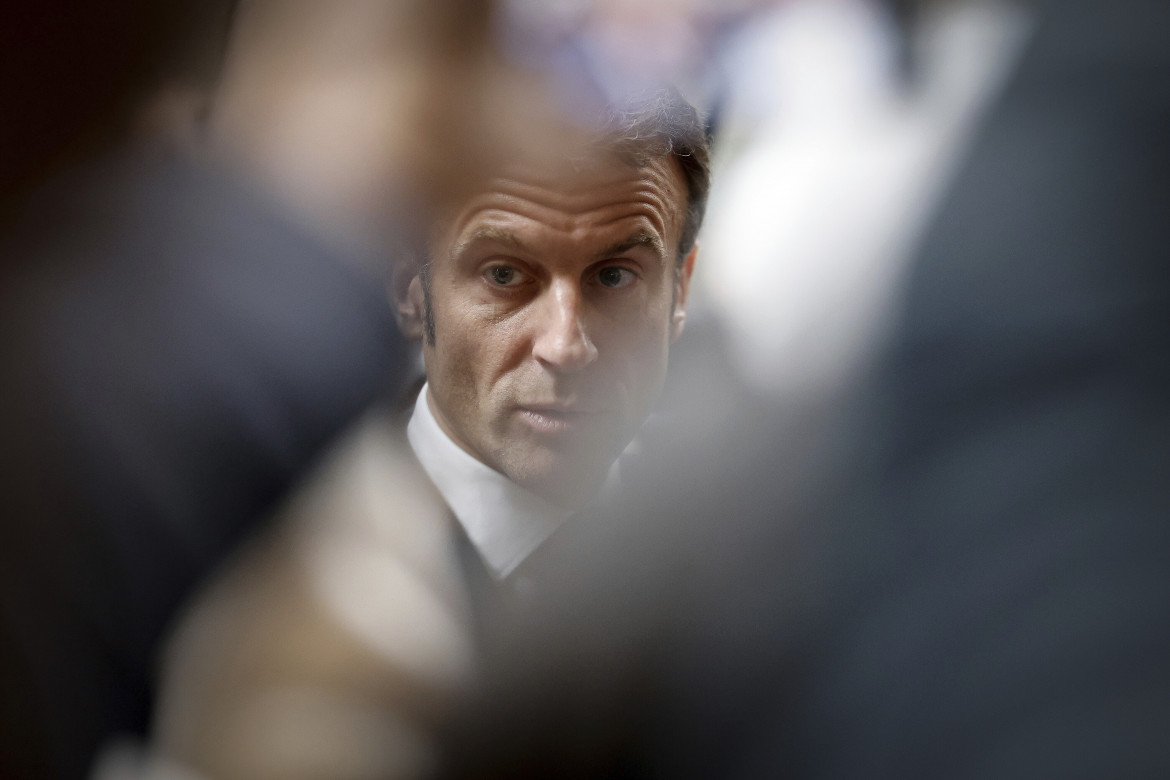Commentary
Moderation is no barrier for the far right
It’s hard to change course after keeping the tiller all the way to the right for so long. At this point, there is darkness ahead.

The ill-fated swindle orchestrated by Emmanuel Macron, who credited himself as an insurmountable bulwark against the far right but instead ended up backing a government entirely dependent on the whims and intentions of the National Rally, quickly met its inevitable end. This was to be expected.
Despite his deeply conservative inclinations and making no small number of concessions to the far right, Prime Minister Michel Barnier didn’t manage to please Marine Le Pen and her people. For a very simple reason: a party on the rise and aiming for the heights of power, that is, the presidency, will look more to the stirred-up mood of its electorate than to the bon ton of institutional responsibility.
An electorate that, moreover, is not at all troubled by a no-confidence vote opportunistically shared with the left, but rather sees it as a clever ploy to clear the field of provisional and ambiguous solutions that, while dependent on the far right, don’t officially recognize its political weight.
It is the same problem that all the political forces of the liberal-conservative center in Europe are facing, in more or less pressing terms: the extreme right flank, which is showing steady overall growth in many countries, exerts a fatal attraction on them, while seeming to offer an opportunity to get rid of the last Keynesian fetters that come with their social democracies.
But at the same time, the far right is a fierce and insidious competitor more than it is a potential ally. Not as a more or less watered-down alternative as the left is, nor complementary, as the center would like to be, but boldly substitutive, as it is now aiming to present itself.
For these reasons, the radical right cannot afford to remain in the shadows while pandering to the unpopular policies of a centrist, technocratic government – not beyond a certain limit, that is. Even less so in France, where a strong social reaction is always one step away. And in the end, it was on a socially explosive and politically contentious issue, the adjustment of pensions according to inflation, that the tacit pact with Barnier clamorously collapsed.
The socialist left would pay the same price, or an even greater one, already punished for its sin of turning moderate. Furthermore, the conservative center would be willing to concede even less to it than it was willing to concede to the National Rally out of deep affinity.
It’s hard to change course after keeping the tiller all the way to the right for so long. At this point, there is darkness ahead, with the only aspect clearly in view being the headstrong dirigiste conceit and unscrupulousness of the detested Emmanuel Macron.
The deepening of the French crisis (which began in July) joins the fall of the governing coalition in Germany, where things are moving swiftly toward early elections that threaten to mark yet another defeat of the SPD and Greens and a further advance of the far-right AfD, as well as the large Christian Democrat center taking up the AfD’s issues and courting its voters.
The uncertainty hanging over the historic Franco-German axis in Europe might also end up undermining the balance painstakingly achieved by Ursula von der Leyen's opportunism, with her Commission that holds socialists, liberals and Greens together within the trend of an increasing rightward slide. And it might lead to further sharpening divisions over the war in Ukraine.
Originally published at https://ilmanifesto.it/il-moderatismo-non-fa-da-argine-allultradestra on 2024-12-05
